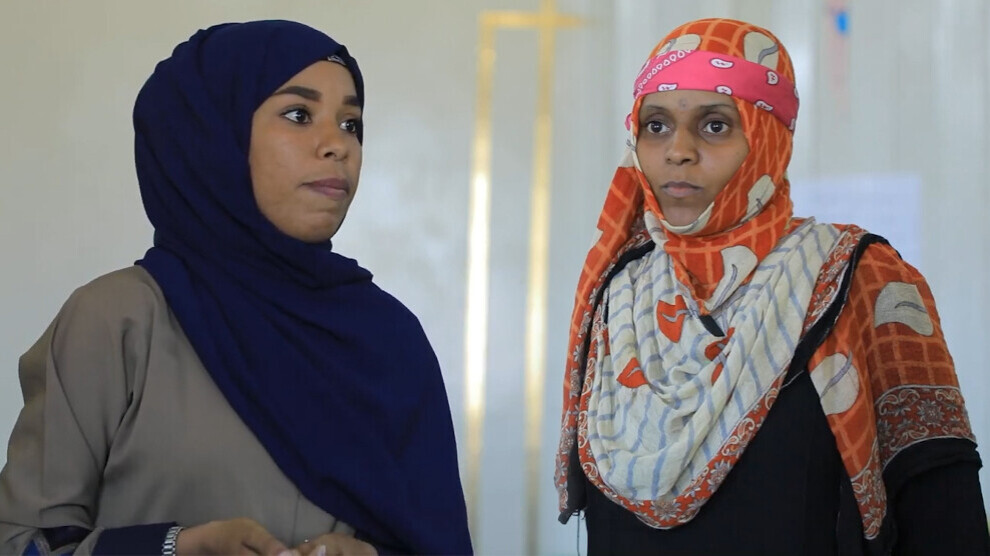Domestic workers in Yemen marginalized
Marginalized domestic workers in Yemen receive very low wages and they are deprived of their legal rights.

RANIA ABDULLAH
Yemen – Working as a domestic worker is considered one of the worst professions in Yemen. Most domestic workers in the country are women. They are marginalized in society because they are women having dark skin. They receive very low wages and they are deprived of their legal rights.
'They are deprived of their rights'
In an interview with NuJINHA, Yemeni activist Ghadeer Al-Adani said that women working in the cleaning sector are deprived of their rights.
“Most of domestic workers are women and they are marginalized and face discrimination. They are subjected to verbal and physical violence. Most domestic workers are illiterate. Poor girls and women are deprived of education. Domestic workers have to work even if they are sick or pregnant. They also receive low wages.”
‘Domestic workers do not receive a monthly salary’
Misk al-Maqrami, a human rights activist and head of the Kefaya Foundation for the Rehabilitation of Marginalized Women, said that women working in the cleaning sector face social pressures. “Domestic workers do not have access to paid sick leave, paid family leave, disability-related leave, vacation time, and other forms of paid time off. They also do not receive a monthly salary. Most of them are undocumented workers and they receive a daily wage.”
She is the only breadwinner of her family
Reem Saeed is one of the domestic workers in Yemen. She has been working as a domestic worker in the Al Dawah neighborhood of Taiz, Yemen, for nine years. Although she begins to work early in the morning until noon, she earns only 50 dollars every month.
Although she wanted to complete her education, she had to work for her family of seven. “I had to work to support my family. My monthly wage is insufficient to cover our most basic needs. I am the only breadwinner of my family. Even if my wage is insufficient, I have to work as a domestic worker. I am subjected to all kinds of bullying, verbal and physical violence while working. I am subjected to insults while walking the streets by passers-by, merchants, and shop owners. I feel like I am marginalized by society.”
